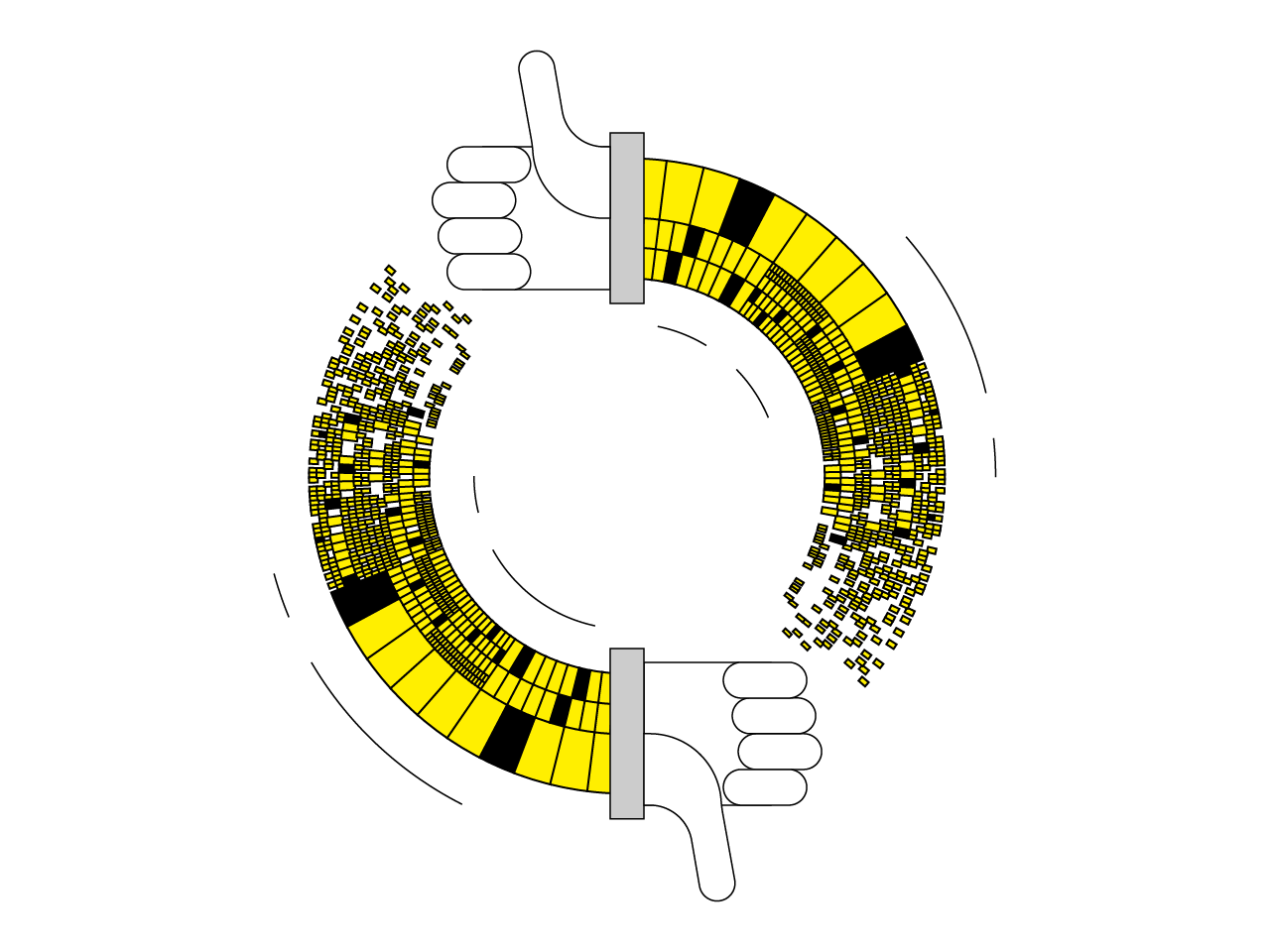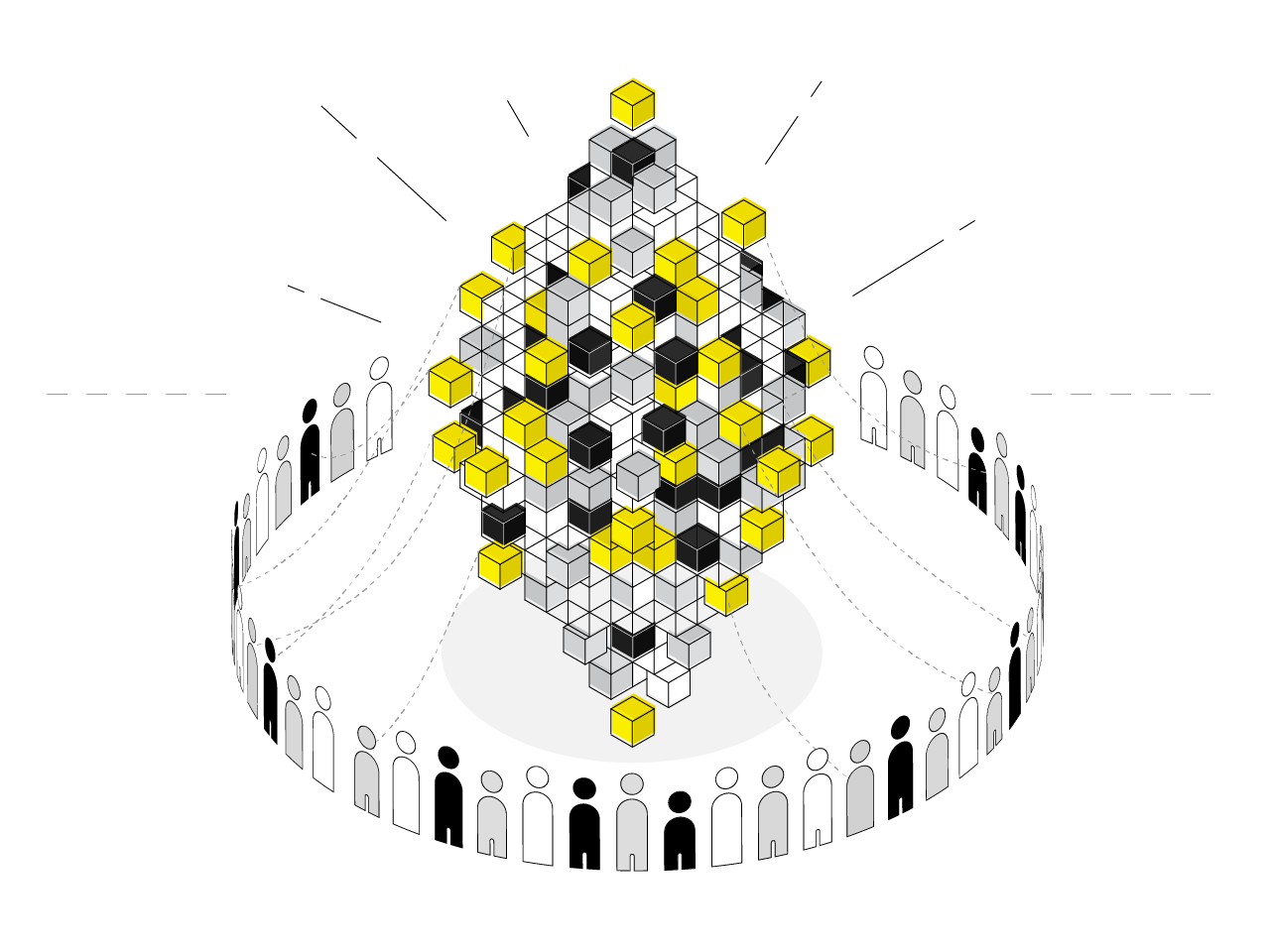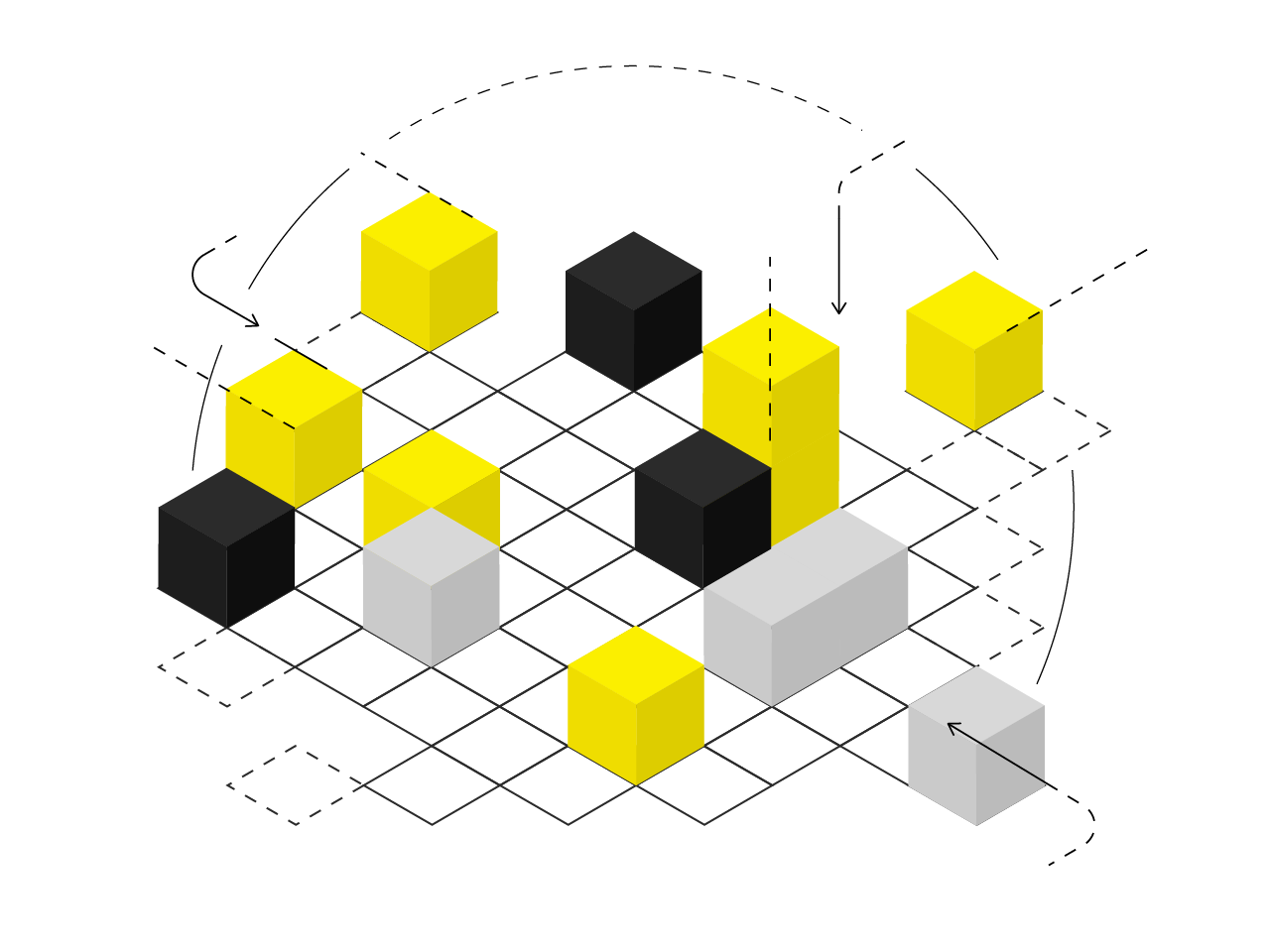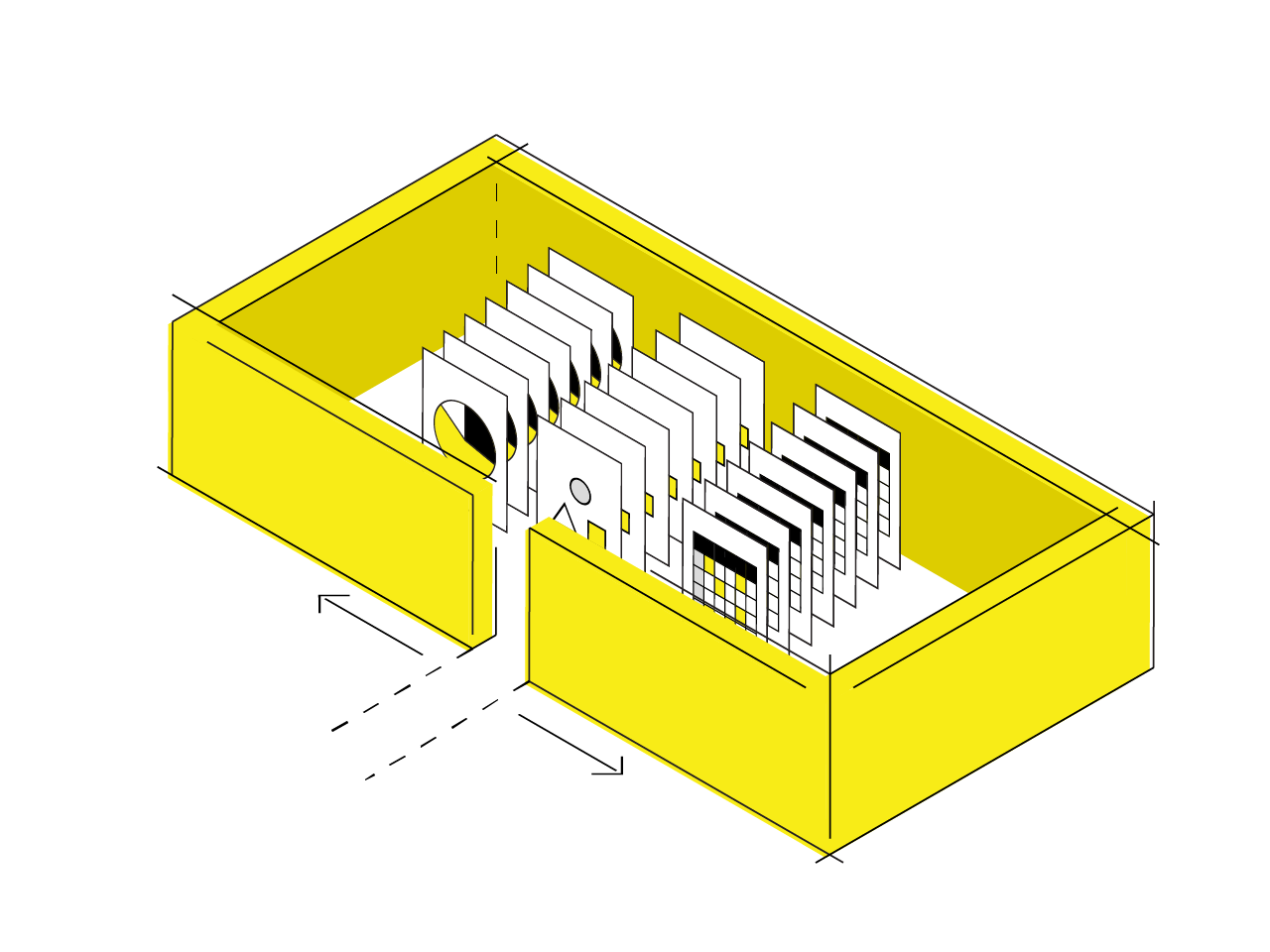Blog
Reclaiming Control: Privacy, Platforms, AI, & Governance in the Public Interest
Support for knowledge sharing today requires engaging with the rapid changes to the digital environment that could impact our ability to prioritize the public interest.
The Open Source AI Definition is a step forward in defining openness in AI
This week, the Open Source Initiative released its definition of open source AI. This analysis considers its significance as a standard, its limitations, and the need for a broader community norm.
Museums and AI: Balancing Innovation and Integrity
This video provocation, presented at the European Heritage Hub Forum, focuses on AI systems' implications for the role of cultural heritage institutions.
Toward Public Digital Infrastructure
Our contribution to the new AI Now collection advocates for a "public digital infrastructure" approach to EU industrial policy on artificial intelligence.
Mapping the Debates About Strengthening Europe’s Digital Infrastructure
This analysis provides an overview of current European debates on digital infrastructure policy and how they relate to different layers of the (public) digital infrastructure stack.
LAION vs Kneschke
The Landgericht Hamburg's decision to allow LAION to include a photographer's image in the LAION-5B training dataset empowers non-profit providers of public training datasets, which play a critical role in making AI training more transparent.
Advocating for Open Access to Research in Critical Fields
An emerging strategy Open Access strategy of calling for research in particular critical fields, such as climate science, to be made openly available, holds much promise.
“Sufficiently detailed summary” — v2.0 of the blueprint for GPAI training data
We hope that this revised blueprint will help inform the AI Office's work and serve as a valuable contribution to the consultations on the Code of Practice, outlining rules for general-purpose AI providers.
Draghi’s Plan: Rewriting or Repeating EU Tech History?
A first analysis of Mario Draghi's report on the future of European competitiveness and his ideas for a new industrial policy in the light of previous efforts to boost the competitiveness of the EU's technology sector.
Machine readable or not?
Observations on the hearing of the first court case dealing with the use of copyrighted works as AI training data in the context of the European Union's copyright framework.
AI and the Commons: the heritage sector
At the June AI and the Commons community call, we discussed the heritage sector’s relationship to AI (generative and analytical). Our guests were Dr. Mathilde Pavis, an expert in intellectual property law, ethics, and new technologies, and Mike Weinberg, Executive Director of NYU's Engelberg Center for Innovation Law and Policy.













